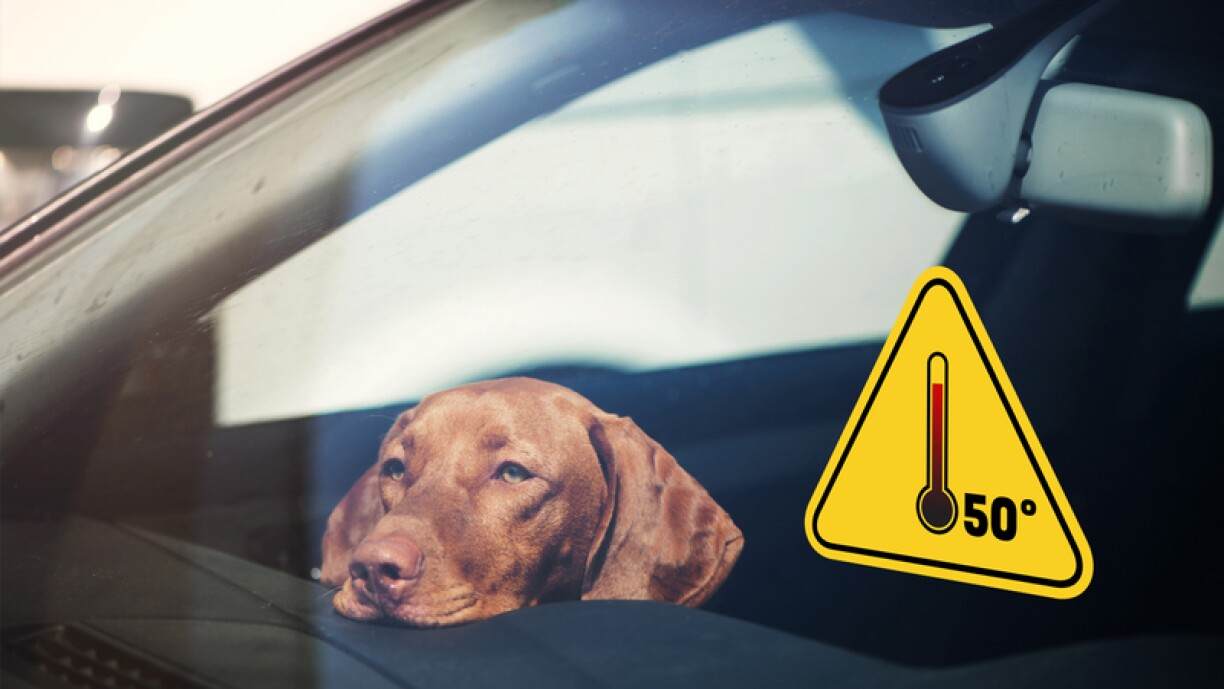
As Luxembourg braces for another heatwave with temperatures expected to reach 35°C, residents face both discomfort and health risks.
While some enjoy summer’s warmth, others struggle with fatigue, concentration lapses, and potential heat-related illnesses. With proper precautions, however, these challenges can be managed effectively.
The cornerstone of heat management is consistent hydration. Health experts recommend drinking water or lukewarm tea in small, frequent amounts rather than consuming large quantities at once. For those seeking variety, adding fruit infusions or fresh mint to water can make hydration more appealing. Incorporating water-rich foods like watermelon, cucumbers, and strawberries provides additional fluid intake without conscious effort.

Clothing selection significantly impacts comfort during heatwaves. Optimal choices include loose, light-coloured garments made from breathable natural fabrics like cotton or linen, which allow air circulation. Synthetic materials should be avoided as they trap heat against the skin. UV-protective accessories are essential – wide-brimmed hats and quality sunglasses provide necessary protection against sunstroke and glare, not merely completing an outfit.
Smart household habits can create noticeable temperature differences indoors. The most effective approach involves ventilating spaces during cooler morning and evening hours, then closing windows and lowering blinds when outdoor temperatures peak. For those using fans, a simple upgrade involves placing bowls of ice or damp cloths in front of the airflow, which noticeably cools the circulated air.
Meal planning requires seasonal adaptation during extreme heat. Nutritionists suggest replacing heavy, greasy dishes that strain digestion with lighter alternatives. Cold soups, fresh salads, or refreshing combinations like watermelon with feta cheese provide nourishment without overheating the body. It is generally recommended to avoid hot meals during peak daytime temperatures.
Venturing outdoors requires extra vigilance during extreme heat, particularly in enclosed spaces like vehicles. Temperatures inside parked cars or buses can reach lethal levels within minutes, making it imperative to never leave children or pets unattended – even briefly. Essential outdoor companions should include high-SPF sunscreen, protective headgear such as wide-brimmed hats or parasols, and sufficient water supplies.

Even with precautions, heat exhaustion can manifest through dizziness, throbbing headaches, nausea, or unusual fatigue. At the first signs, immediately cease all activity and relocate to a cool, shaded area. Begin rehydrating slowly with water while resting, and consider elevating your legs to improve circulation. Applying cool, damp cloths to pulse points like the wrists or forehead can provide relief. Medical attention becomes urgent if symptoms persist, fever develops, or for vulnerable individuals including the elderly or those with chronic illnesses.
Neighbourhood checks on isolated seniors are crucial during heatwaves. Make regular visits to verify they are hydrating properly and have enough water available.
Adjust daily routines by reserving physical activities for cooler morning or evening hours, and consider incorporating midday rest periods in shaded or well-ventilated areas to prevent overheating.
Sleep quality often suffers during heatwaves, requiring specific adaptations for restful nights. Experts recommend using lightweight cotton bedding that breathes better than synthetic materials. Keeping windows open for cross-ventilation creates air flow, while running fans at low settings can improve comfort. Taking lukewarm showers before bed helps regulate body temperature.
Animals require special heat adaptations. Provide constant access to fresh water, and restrict walks to early morning or late evening. Ensure permanent shaded areas are available.
With these sensible precautions and mindful behaviour, you can enjoy a healthy, relaxed summer while staying comfortably cool despite the rising temperatures.